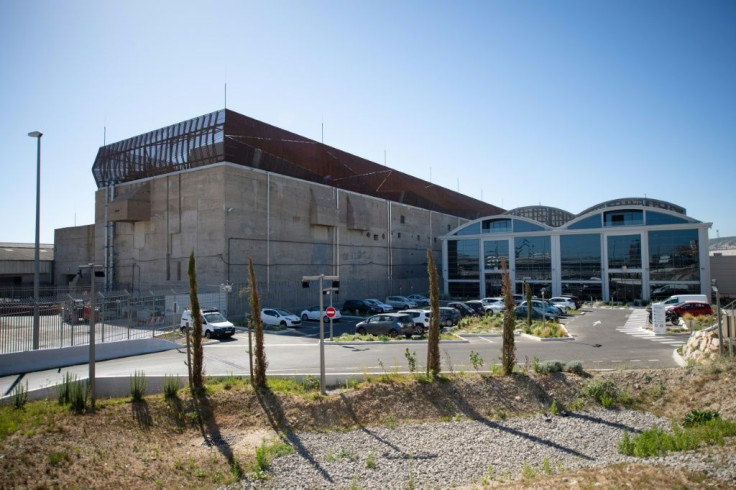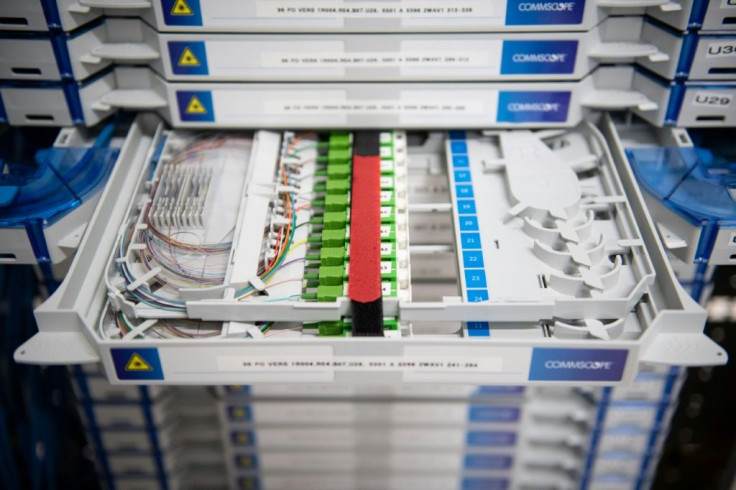Data Centre Opened In Marseille Former German U-Boat Base
US-owned data firm Interxion on Friday opened a European data hub in the French port city of Marseille, in the unlikely surroundings of an abandoned submarine base built by German forces in World War II.
The imposing concrete structure was meant to house some 30 German submarines at any one time during the Nazi occupation of France and be a key harbour for the U-Boats during the war in the Mediterranean.
Building started in May 1943 but was abandoned on August 1944 as the allies invaded France and the tide in the war began to turn.

Hitler had decided to create so-called U-Bunkers to protect the U-Boat submarines after the allied invasion of North Africa in 1942.
After the war, the site is briefly believed to have been used as a prison by American forces and then left disused, though some parts of the site were occasionally used by the Marseille port authority.
But taking advantage of its sturdy structure, Interxion, which was acquired earlier this year by the American data giant Digital Reality, has turned it into a data hub.

"This base is indestructible and capable of withstanding 10-tonne bombs thanks to a reinforced concrete roof that is 5.5 metres thick, " said Fabrice Coquio, president of Interxion France.
He said teams had even found traces of a German presence at the base including swastikas on walls as well as bomb damage.
Coquio talked up the advantages of Marseille as a data hub, saying it was cheaper to connect to Asia and Africa from the southern city.
"You have more cables arriving in Marseille than you have in India," he said.
"It's really the fundamental geographic advantage of Marseille that justifies Interxion's investment of just over 300 million euros over the last five years in Marseille."
According to Interxion, the data centre, called MRS3, provides secure infrastructure for mission-critical IT systems, with direct access to 14 submarine cables to Africa, the Middle East and Asia.
© Copyright AFP 2024. All rights reserved.











